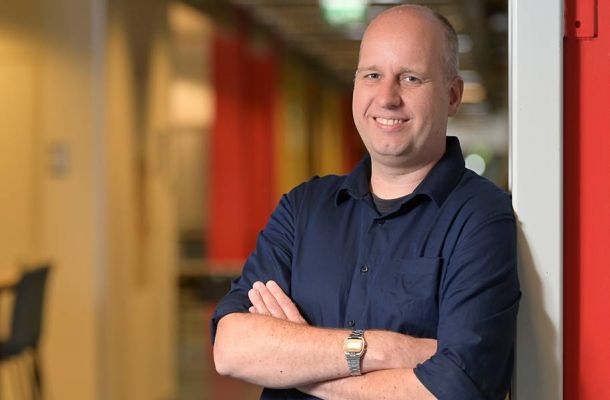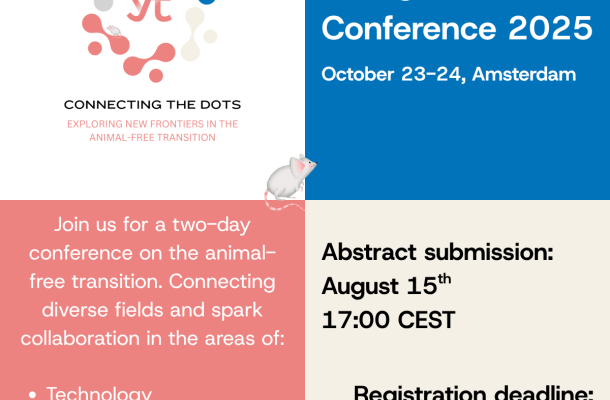
NWA-ORC grant for Organ-on-Chip models with integrated lymphatics
A 5 million Euro NWA-ORC grant was awarded to hDMT researchers to develop immunocompetent human Organ-on-Chip models with integrated lymph drainage for drug discovery and testing (LymphChip). The project is led by Valeria Orlova (coordinator) from Leiden University Medical Center (LUMC), Christine Mummery (LUMC) and Sue Gibbs (VUMC).
The lymphatic system plays a crucial role in our immune system, for example by regulating the immune response to pathogens. Lymphatic dysfunction underlies many diseases and could determine the effectiveness of therapies, whether drug or stem-cell based.
Yet, in the new generation of in-vitro organ models used to study the effect of drugs and therapies, the lymphatic system and the immune cells they transport are notably absent.
Members of this consortium are already studying the effects of drugs and mechanisms of disease on miniature tissue models of heart, skin and gut but will now develop lymphatic and immune systems from stem cells for each of these since they are essential for maintaining tissue health and can cause disease when they go wrong.
The consortium is formed by hDMT researchers and it is envisaged that Organ-on-Chip models with integrated lymphatics they develop, will provide a precision tool in the battle against immune-related diseases.
The LymphChip consortium will receive a total of almost 5 million Euros from the Dutch Research Agenda Research on Routes by Consortia (NWA-ORC) for this purpose. With the contribution from the patient organizations, foundations and companies the total amount comes to 5.6 million Euro.
Envisioned solution
In LymphChip, pioneers of the Organ-on-Chip platform join forces to develop these types of model for the first time. Starting from proven stem cell-derived and primary tissue models of three organ systems (heart, intestine, and skin), they will develop innovative combinations of microengineered biomimetic 3D scaffolds, miniaturized interstitial flow models and on-line sensing, integrating primary and stem cell-derived tissues and corresponding tissue lymphatics. We will thus create powerful models for studying tissue homeostasis via fluid transport (for the heart), small molecule and dietary fat transport (intestine) and immune surveillance (for skin and lymph nodes).
This will provide unprecedented opportunities for studying human disease in which the lymphatic system is defective by providing personalized, patient-specific immune systems in near-native tissue environments with stromal and immune cell components and real-time measures of function.
Our ambition is to provide game-changing technology to address presently intractable conditions of the immune system using three tissues as exemplars that will lead the way towards the identification of novel pathways for these and other organs while reducing animal use.
The LymphChip consortium
The project is led by hDMT PI Dr. Valeria Orlova (coordinator) from Leiden University Medical Center (LUMC), Prof. Christine Mummery (LUMC) and Prof. Sue Gibbs (VUMC). Other hDMT consortium partners include Dr. Hans Bouwmeester (WU), Prof. Reina Mebius (VUMC), Dr. Andries van der Meer (UTwente), Dr. Massimo Mastrangeli (TU Delft), Prof. Roman Truckenmüller (UM/MERLN), Dr. Coen Govers (WR) and Dr. Anne Leferink (UT).
Other consortium partners include IBA Lifesciences GmbH, TissUse GmbH, Nederlandse Brandwonden Stichting, Dutch Society for the Replacement of Animal Testing, BioEC, Cealus health, IMEC (One Planet), PolyVation, Alveolé, Optics11, hDMT, Ibidi GmbH, AIM Biotech, VSParticle, Amsterdam University Medical Center, Red Cross Hospital Beverwijk, National Institute for Public Health and the Environment, Maag Lever Darm Stichting, The University of Melbourne, Ncardia, Roche, Danone Nutricia Research.
More news

Vascular on Chip course with support from AIMBiotech

Inaugural Lecture – Prof.dr. Andries van der Meer
